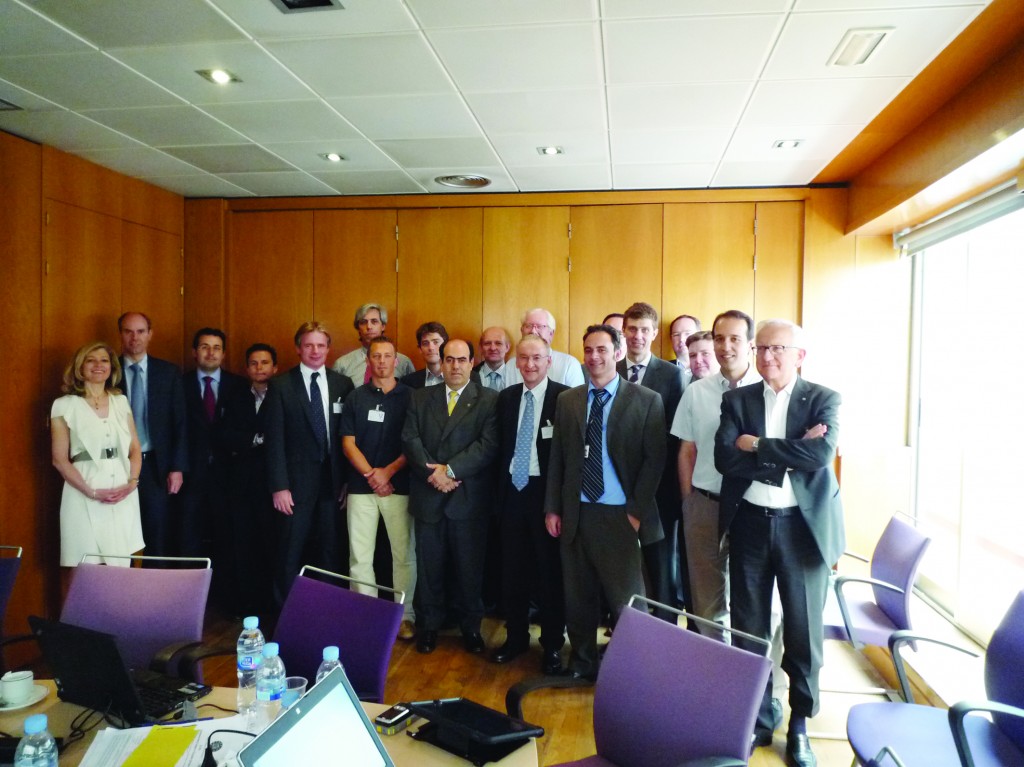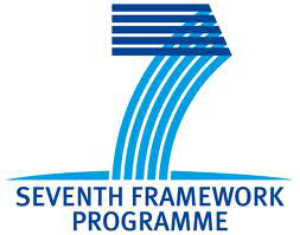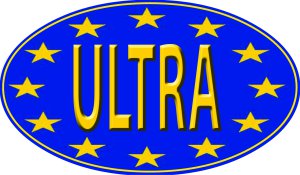 On 27 June 2012, the kick-off meeting of the ULTRA (Unmanned Aerial Systems in European Airspace) Consortium took place at the premises of Indra in San Fernando, Madrid, Spain.
On 27 June 2012, the kick-off meeting of the ULTRA (Unmanned Aerial Systems in European Airspace) Consortium took place at the premises of Indra in San Fernando, Madrid, Spain.
Subsequent to a public tender, the ULTRA Consortium was awarded an 18 month  contract by the European Commission under its “Coordination and Support Actions” within the framework of EC’s Seventh Framework Programme. The contract has as objective to develop a master plan relative to the insertion of remotely piloted aircraft systems (RPAS) in the European air transport system.
contract by the European Commission under its “Coordination and Support Actions” within the framework of EC’s Seventh Framework Programme. The contract has as objective to develop a master plan relative to the insertion of remotely piloted aircraft systems (RPAS) in the European air transport system.
The consortium consists of recognized experts representing a significant number of stakeholder groups (manufacturers, regulators, ANSPs, legal experts, customers and research laboratories) namely:
- A2Tech, Italy
- Boeing R&T Europe, Spain
- Honeywell, Czech Rep.
- NLR, Netherlands
- Studio Legale AST, Italy
- Cranfield Aerospace, UK
- Indra Sistemas, Spain
- Onéra, France
- Blyenburgh & Co, France
- Deutsche Flugsicherung, Germany
- Integra Consult, Denmark
- Thales Alenia Space, France
Due to the absence of European RPAS regulations, the current civil RPAS market is small and its impact on European industry is limited. In addition, the social acceptance of civil RPAS and the political willingness to develop regulations is not uniform throughout Europe. The overall objective of ULTRA is to develop a Civil RPAS Master Plan that will unlock the potential of the civil RPAS market by addressing applications that are not systematically addressed today and to ensure that European industry will play a leading international role in the development of RPAS.
The Civil RPAS Master Plan will build on all relevant prior work (including the recommendations of the European Commission’s UAS Panel), and will leverage existing regulations and infrastructures in order to enable specific civil RPAS applications within the next 5 years. The Civil RPAS Master Plan will also highlight regulations and infrastructures that need to be developed, and will articulate the impact of the civil RPAS market on European industry & quality of life. To achieve this, ULTRA will employ the following high level approach:
– Active involvement of EASA, EUROCONTROL, JARUS and the national aviation authorities in the document review process and in workshops.
– A coordinated, step-by-step and pragmatic approach in order to enable specific civil RPAS applications in the short- term and to minimize the cost, risk and stakeholder impact at each step.
– A gap analysis in order to build upon all relevant prior work, and identify the minimum required regulations and infrastructures that need to be developed.
– The integration of SMEs into the RPAS supply chain alongside Europe’s traditional aerospace industry. SMEs have the agility and speed required for short-term innovation, which is a critical enabler for rapid civil RPAS deployment.
– A strong focus on small RPAS solutions (RPA<150kg) that promise to be cost effective and to satisfy the needs of the civil RPAS market. However, if it identifies viable business cases with a positive socio-economic impact for civil RPA with a mass of more than 150 kg, ULTRA will include them in the Civil RPAS Master Plan.
ULTRA’s final deliverable will be an incremental and pragmatic plan for civil RPAS  insertion. For each step, the impact on European industry and quality of life will be quantified, and the regulatory and technology needs, as well as the required social acceptance actions will be highlighted.
insertion. For each step, the impact on European industry and quality of life will be quantified, and the regulatory and technology needs, as well as the required social acceptance actions will be highlighted.
ULTRA’s activities will be closely coordinated with the European Commission’s RPAS Steering Group.
